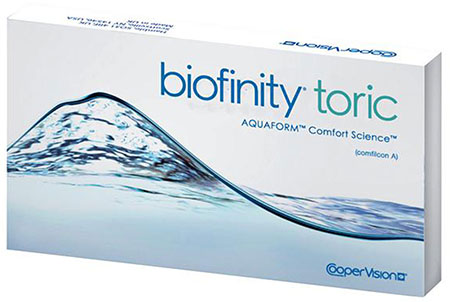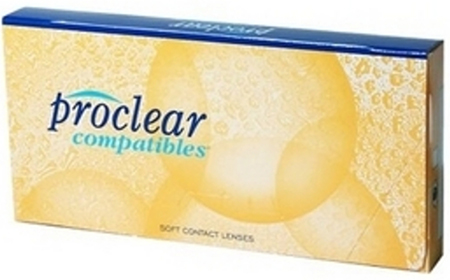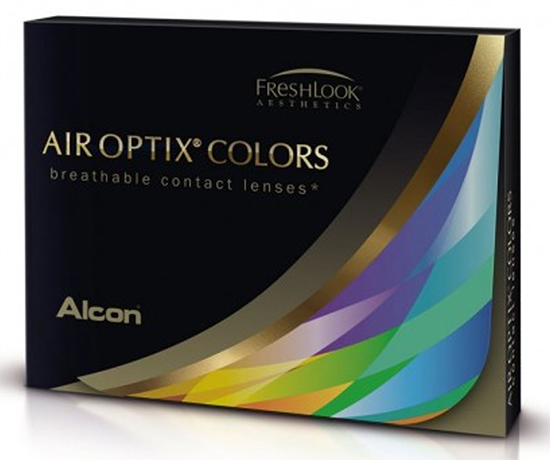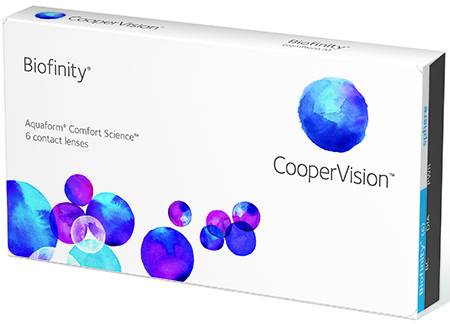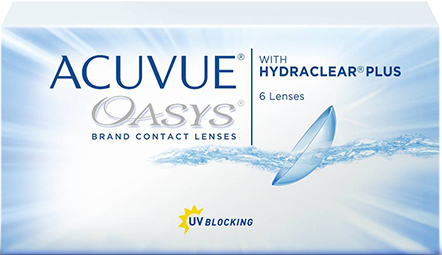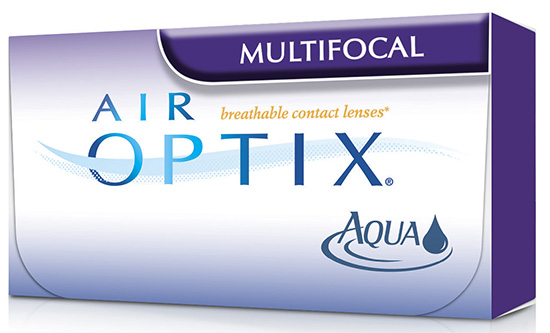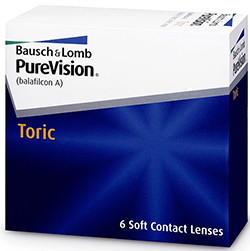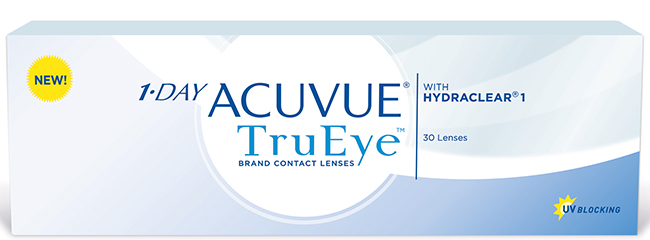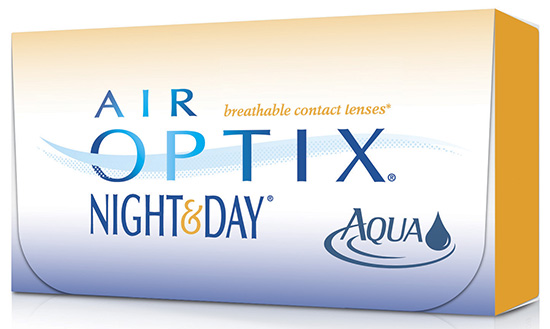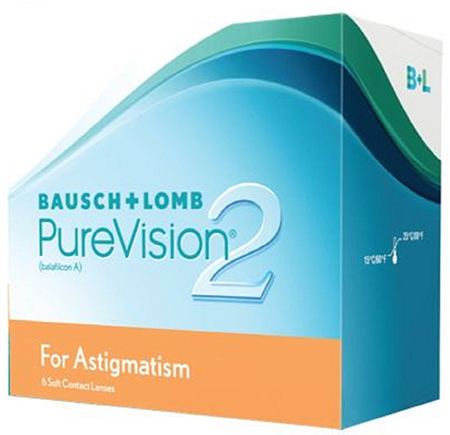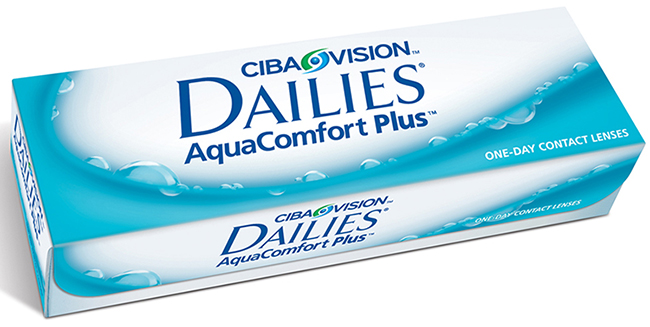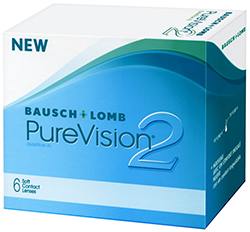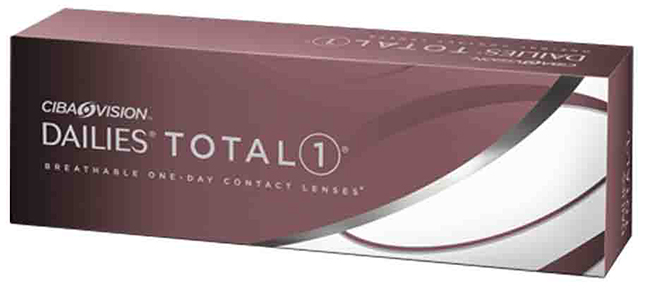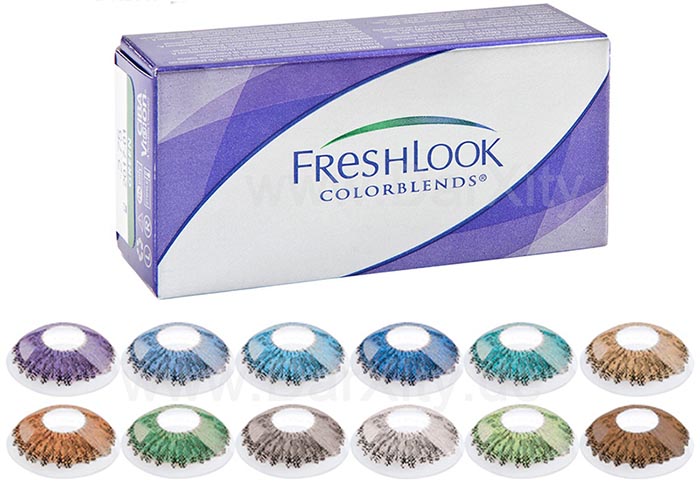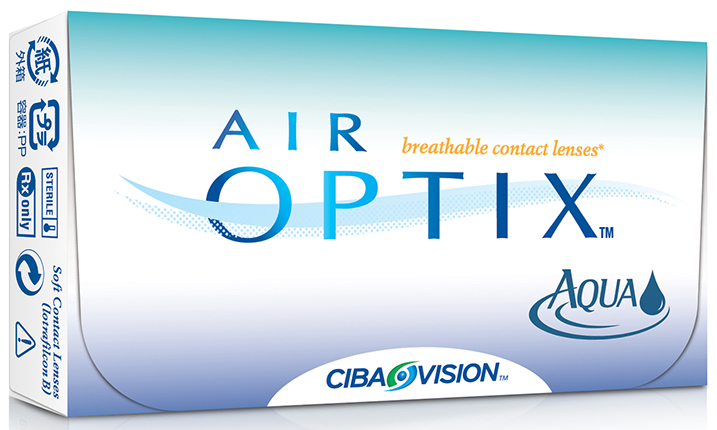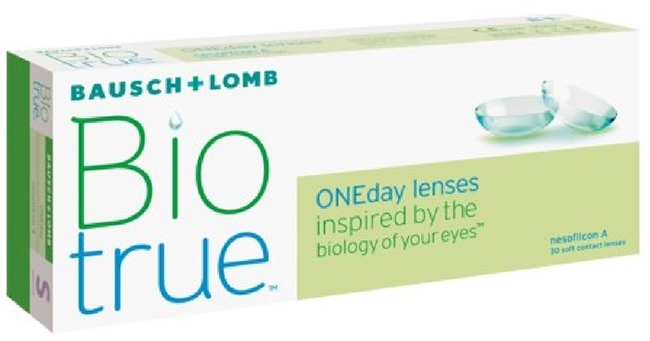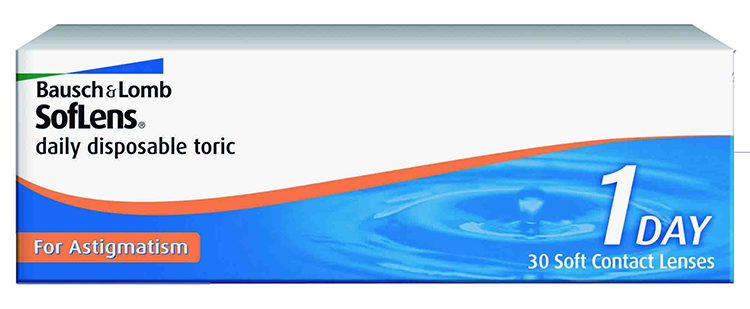Soft contacts are made of a type of plastic combined with water. Water lets oxygen pass through the contact lens to your cornea, which increases comfort, reduces dry eyes, and helps keep your cornea healthy. If your cornea doesn’t get enough oxygen, it may swell, get cloudy, and lead to blurred vision or problems that are more serious.

Soft Contact Lenses Benefits
Many soft lenses are disposable, so you can throw them away after using them for a short time. Having a fresh pair of soft contacts means less chance of infection, less cleaning, and more comfort.
Some soft lenses are not disposable. You wear the same pair for about a year, cleaning them each night. These are typically more “custom” designed contact lenses.
Compared to rigid gas-permeables, the other main type of contacts, soft lenses are typically more comfortable when you first insert them into your eyes.
As a bonus, many soft lenses provide UV protection.
Soft Contact Lenses Disadvantages
Soft contacts more easily absorb pollutants than both hard and rigid gas-permeable lenses. They soak up all kinds of things that can irritate your eyes -- smoke and sprays in the air and lotion or soap on your hands.
Soft contact lenses are also more fragile and rip or tear more easily than hard or gas-permeable lenses.
Brands
